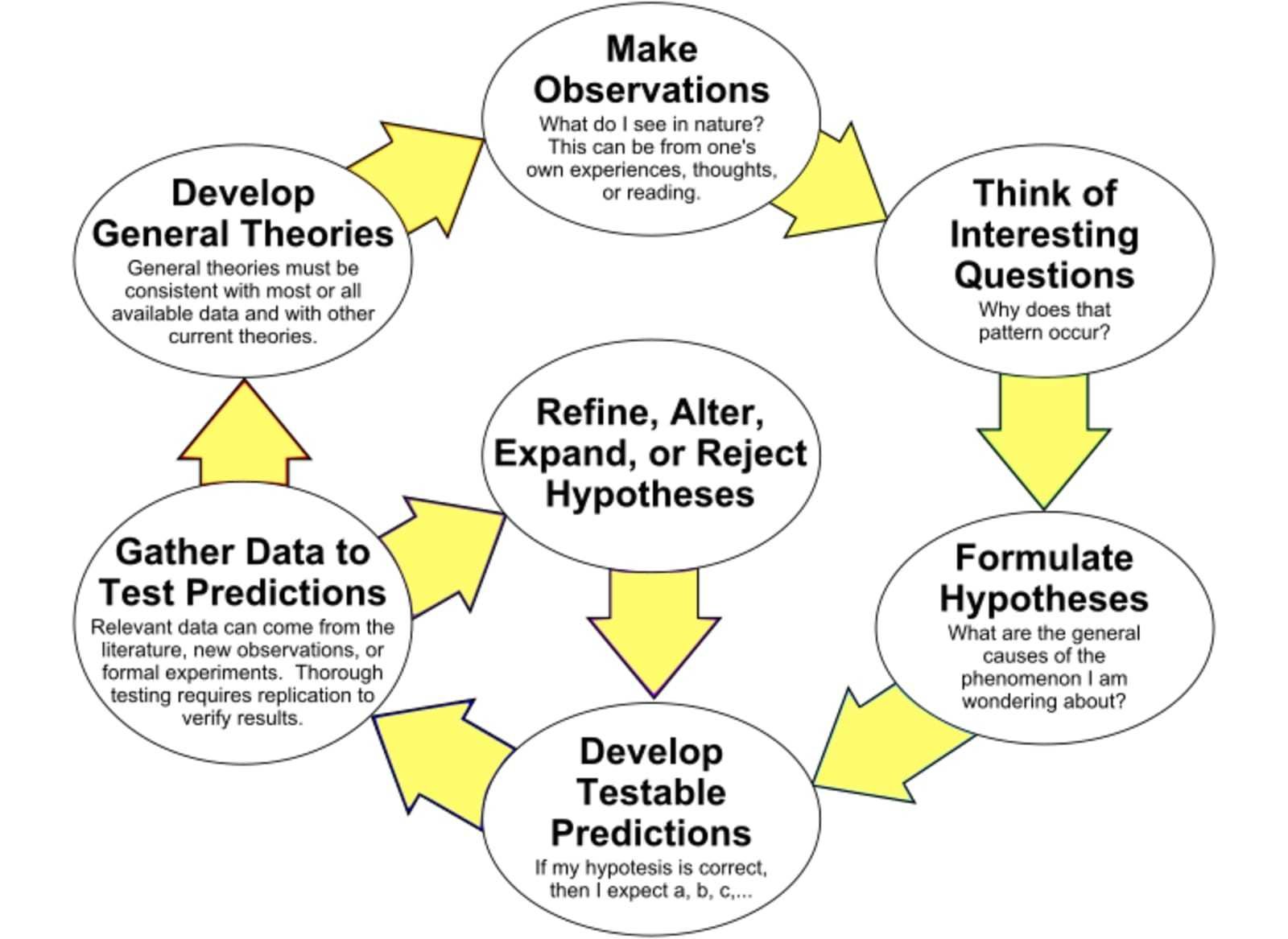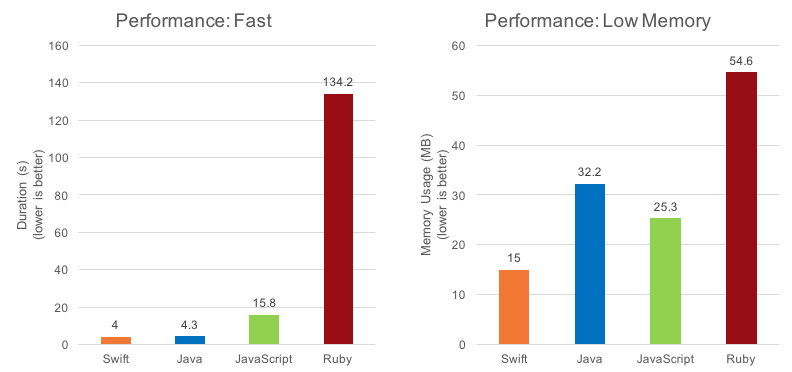SCIENCE
&
Engineering...
Disclaimer
The material of this talk is based on my research and experience. Take it with a grain of salt
The big picture

Science
The state of knowing : knowledge as distinguished from ignorance or misunderstanding
Knowledge or a system of knowledge covering general truths or the operation of general laws especially as obtained and tested through scientific methods
Science (from the Latin word scientia, meaning "knowledge") is a systematic enterprise that builds and organizes knowledge in the form of testable explanations and predictions about the universe.
Applied Science
Applied science is the application of existing scientific knowledge to practical applications, like technology or inventions.
Within natural science, disciplines that are basic science develop basic information to predict and perhaps explain and understand phenomena in the natural world. Applied science is the use of scientific processes and knowledge as the means to achieve a particular practical or useful result. This includes a broad range of applied science related fields, including engineering and medicine.
Engineering
The term engineering is derived from the Latin ingenium, meaning "cleverness" and ingeniare, meaning "to contrive, devise"
Engineering is the use of scientific principles to design and build machines, structures, and other items, including bridges, tunnels, roads, vehicles, and buildings. The discipline of engineering encompasses a broad range of more specialized fields of engineering, each with a more specific emphasis on particular areas of applied mathematics, applied science, and types of application.
Superstition
a belief or practice resulting from ignorance, fear of the unknown, trust in magic or chance, or a false conception of causation
a notion maintained despite evidence to the contrary
A superstition is any belief or practice based upon one's trust in luck or other irrational, unscientific, or supernatural forces. Often, it arises from ignorance, a misunderstanding of science or causality, a belief in fate or magic, or fear of that which is unknown.
ART
VS


Two sides of a Coin
Science & Engineering
- Scientists discover the principles of the universe
- Engineers use those principles and some tools to build and refine technologies.
- Scientists use those technologies to discover to dive deeper and and gain better understanding of universe and discover more principles.
- The loop continues
Science & Engineering

Engineers
- Build technologies with use of scientific principles and the right set of tools.
- They have good understanding of scientific principles in their respected field.
- They follow the scientific workflows to find the solution to a problem and choose the right tool for the job
Knowing how to use a tool doesn't make us engineers!!!
For Examples
- Just knowing how to program makes us programmers.
- Just knowing how to build a wall doesn't make us architects.
So, To be a better Engineer we have to understand the principles and our tools better!
Improve your inner
Scientist and understand the laws better
Skeptical & Scientific Mind
Truth is sought for its own sake … Therefore, the seeker after the truth is not one who studies the writings of the ancients and, following his natural disposition, puts his trust in them, but rather the one who suspects his faith in them and questions what he gathers from them, the one who submits to argument and demonstration, and not to the sayings of a human being whose nature is fraught with all kinds of imperfection and deficiency. Thus the duty of the man who investigates the writings of scientists, if learning the truth is his goal, is to make himself an enemy of all that he reads, and, applying his mind to the core and margins of its content, attack it from every side. He should also suspect himself as he performs his critical examination of it, so that he may avoid falling into either prejudice or leniency.
– Ibn al-Haytham
Ask question
Language of Science
- Learn the official language
- Translated materials are out dated and opinionated
- Math is the language of universe
- Engineers have to know math to some degree***
Abraham wald's logic

Scientific Literacy
- Explain phenomena scientifically
- Evaluate and design scientific observations
- Interpret data and evidence scientifically – analyze and evaluate data, claims and arguments in a variety of representations and draw appropriate scientific conclusions.
- Communicate with numbers and evidence
- Numbers don't lie
- Unless your calculation and test are wrong
- Dirac calculations
Scientific workflow

Scientific principles are Not Opinionated
Engineering & Superstitions
Superstitions
- None scientific beliefs
- Beliefs based on emotions
- Whatever that company X creates is the best
- Tool Y is the best because I'm using it
- I've read it on Hackernews so it got to be true.
- Trends, Everybody is using Z so it should be the best.
Sameer's pyramid

Fact, Theory, Hypothesis
- Facts are solid and unbreakable
- Theories have strong evidence but some corner cases
- Hypotheses are scientifically literate guesses that need to be verified
- The rest are just feeling and hunches.
- Guess, Hypothesize, Test our hypothesis and theorize and finally come up with a solid fact
Facts vs Feelings
- Lang A is better than Lang B
- Why?
- Do you have proof ?
- In what aspect
- How was your test environment
- We have to use ABC methodology to rock the product
- And some other examples like these
EngineerING & Tooling
TOOLS
- Different tools give us different options
- Tools are there to be used not to get emotionally attached to them.
- Choose the right tool for the problem in hand
- Choose the tools in a scientific fashion
Choosing a Tool
- Come up with a requirements list
- Design experiments
- Test your candidates in the experiment and collect data
- Match the numbers and none technical requirements to reach a decision
- Leave you prejudice behind
- More experiments eliminate more errors
Incorrect Experiment

Incorrect experiment
- Wrong attributes
- Biased factors
- Incorrect measurements
- Not enough randomization
-
Inaccurate measurement tools
-
.......
Trade offs
- Understand the trade offs
- Usually trade offs go multiple ways
- E.g fastest programming language in the world
Another example

In Conclusion
-
Mentality of a scientist
- Be scientifically literate
- Adopt scientific workflows
- Stay away from superstitions
Code of Honor
- Question Authorities, No idea is true just because someone says so, Including me.
- Nullius in verba, See for yourself, Think for yourself. Question yourself.
- Don't believe anything just because you want to, believing something doesn't make it so. Test ideas by evidence gained from observation and experiments. If a favorite idea failed a well designed test, It's wrong, get over it.
- Follow the evidence, where ever it leads. If you have no evidence, reserve judgment.
- And the most important of all, remember you could be wrong, even the best scientists have been wrong about something. every great scientist in the history made mistake. Of course they did, we are only human. Science keeps us from fooling ourselves and each other